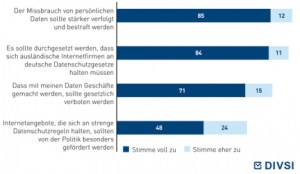
On Friday the first workshop of the Internet Privacy Engineering Network (IPEN) took place in Berlin State Parliament with leading data protection experts like Peter Hustinx (European Data Protection Supvervisor, EDPS), Peter Schaar (EAID), and several Data Protection Authority (DPA) representatives from all over Europe. IPEN was founded by Achim Klabunde (Head of IT Policy of the EDPS) and aims to build privacy into everyday tools and bring legal people and engineers closer together. George Danezis from the University College London said he never saw so many legal experts and engineers at one table and that this is promising to push privacy in software engineering. Carlo from Lynx stated that the internet is broken and surveillance cannot be prevented as long as we have insecure protocols.
Anyway there are much more things to improve besides protocols and quick wins possible to reduce the misuse of personal data as performed by many companies nowadays. We from OWASP presented our initial version of the Top 10 Privacy Risks that provides engineers and business architects guidance and raises awareness for common privacy risks in web applications.
IPEN decided beside others to develop a privacy cookbook for engineers and one for business architects and to start a project to boost secure communication for several channels like email and sms. Further information about the event was published in a press release and on Twitter.


